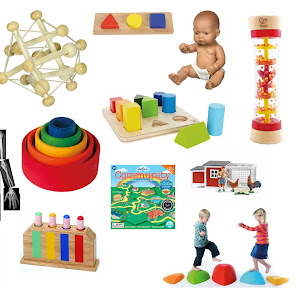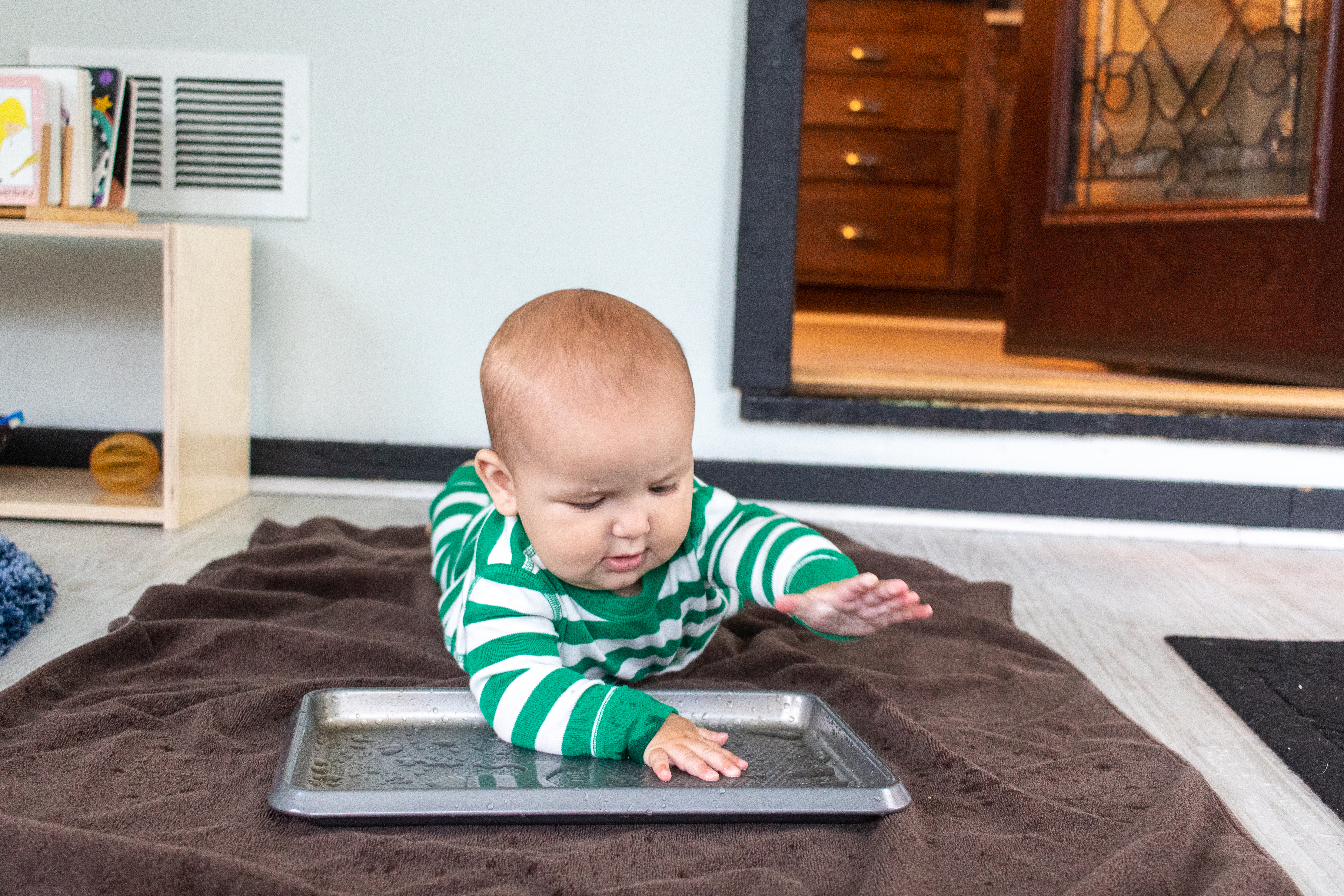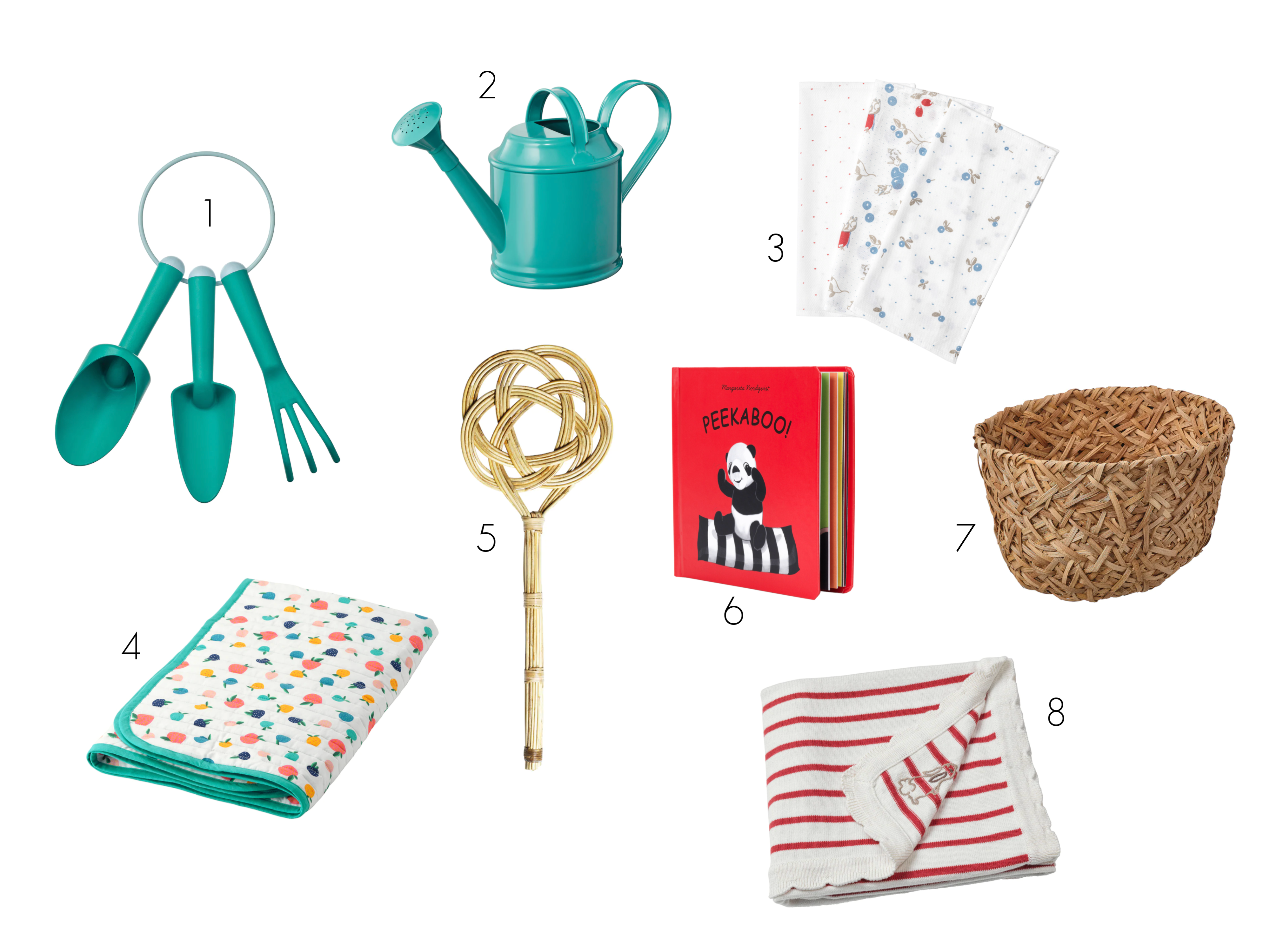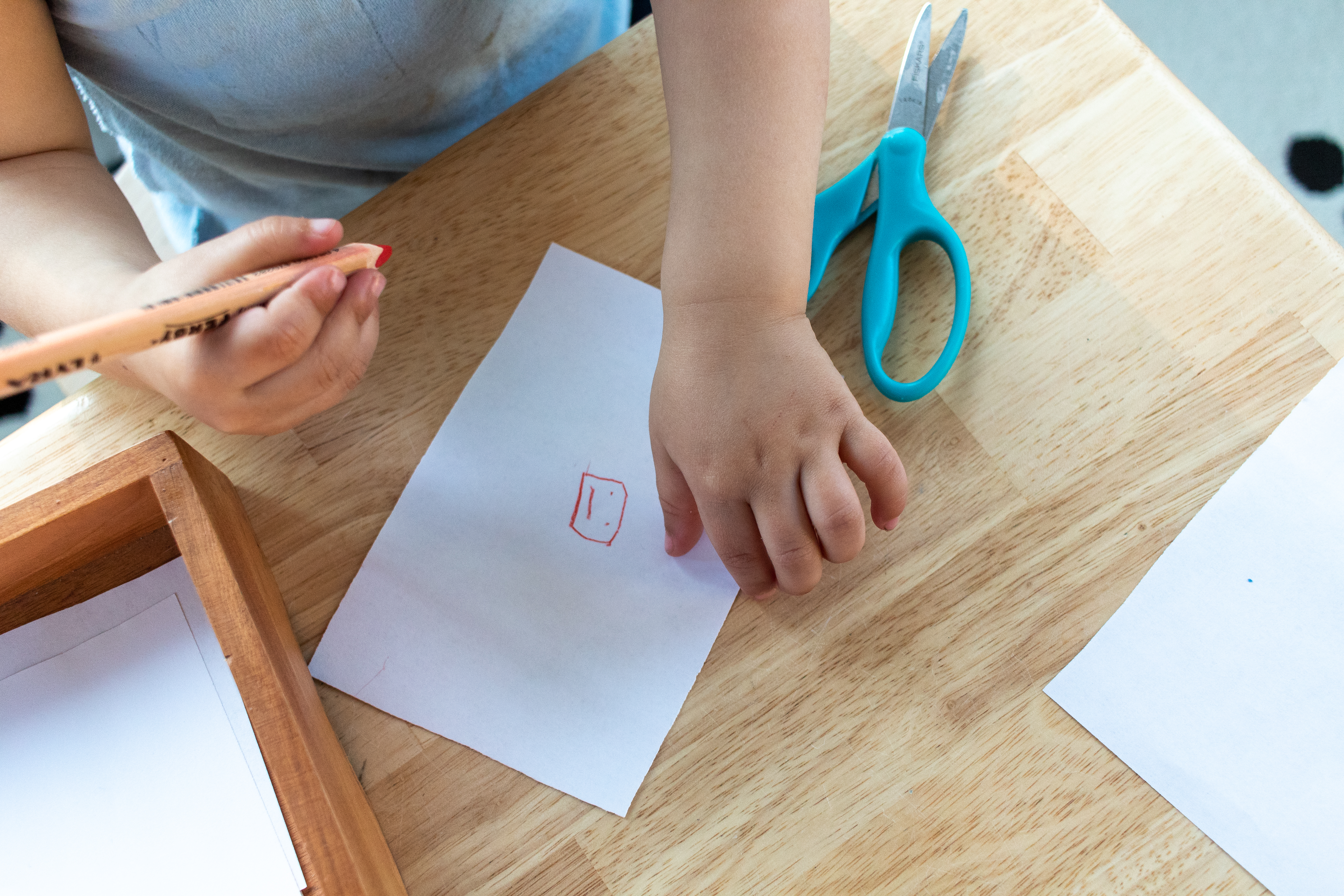Maria Montessori made so many amazing discoveries when it comes to the inner life of a child. And this includes some amazing insight into how children learn best. Even today, more than 100 years later, Dr. Montessori's method are being confirmed as best practices with current educational research. While I've often sung the praises of Montessori's approach to math, the approach to language is just as amazing. Before I dive into exactly what we've done at home to support writing and reading development in my children, I wanted to write about some Montessori language fundamentals that inform the work we do with Gus and Nora. So here are a few things to keep in mind when it comes to the Montessori approach to learning to read and write. Read Part 1 of this language series: Pincer Grip - Preparing for Language Work It Comes Early, but not That Early In today's world there can be significant pressure to make sure toddler's are "learning" enough. It can...



















